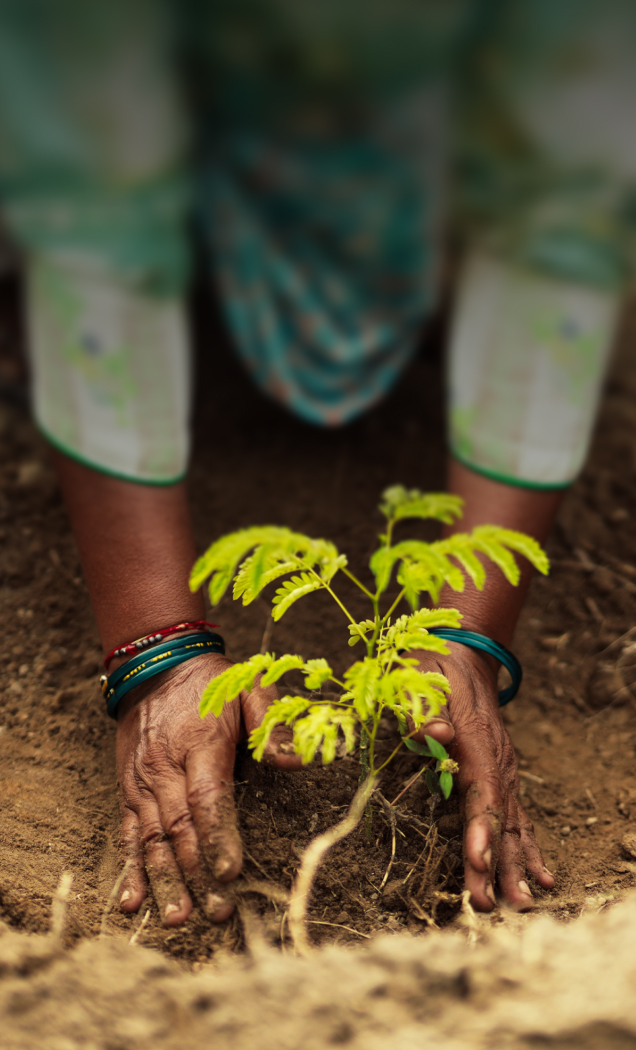
The Billion Tree Project
The Billion Tree Project is a science-based reforestation initiative that focuses on planting native species suited to the local soil and weather. It is designed not only to support the environment but also to create livelihoods through local participation.
The Challenge
Punjab’s ecosystems are declining due to deforestation, groundwater loss, and climate stress.
Reforesting with native species is key to restoring biodiversity, revitalizing soil and water, and strengthening climate resilience.



Measurable Impact (2026)
4.3M
Trees Planted
1B
Goal 2035
53,395
Carbon Sequestered (Tons) * Estimated based on tree age, species, and size. Actual values may vary.
1,610
Villages Impacted
12,700
Goal 2035
1,523
Land Forested (Acres)
400,000
Goal 2035
170
Species Nurtured
300
Goal 2035
29
Nurseries Established (Acres)
6,000
Goal 2035
22,453
Green Jobs Created (70% women)
5M
Goal 2035
2,992
Mini-Forests, Parks and Orchards Created
15,000
Goal 2035
Waste Management
Working directly with communities, panchayats, and local governments to implement decentralized, community-driven waste systems.
The Challenge
Over 2.6 million tons of rural waste are produced yearly in Punjab, with minimal management, causing severe pollution, water contamination, and escalating rural health crises.
Our approach
Awareness
Campaigns
Continuous education builds community buy-in and participation in waste segregation and hygiene practices.
Infrastructure
Each village sets up composting units, street sweeping, and waste collection systems.
Zero-Waste Targets
Through active monitoring and optimization, villages are guided towards sustainable zero-waste models.

Measurable Impact (2026)
Villages Impacted
342
Households Impacted
77,139
Tons of Compost Generated * Estimated based on compost yield factor 20% from processed wet waste.
15,459
MGNREGA Jobs Created
390
Wet Waste Managed (Tons) * Estimated based on reported wet waste collection volume and standard processing efficiency in a sample of 250 households.
77,297
Regenerative Agriculture
This program is reimagining agriculture as a climate solution and economic opportunity through regenerative farming practices to address soil degradation, falling water tables, and a public health crisis.
Our approach
Outreach &
Awareness
Training and community engagement help farmers understand the long-term economic and environmental methods.
Market Linkages
Support for farmer producer organizations (FPOs), higher incomes and economic resilience for farming families.

Measurable Impact (2026)
13,410
Regenerative Agriculture Practices Adopted (Acres)
1,663
Number of Farmers Adopting Regenerative Practices
10,000
Goal 2035
226
Villages Impacted
34
Number of Jobs Created




